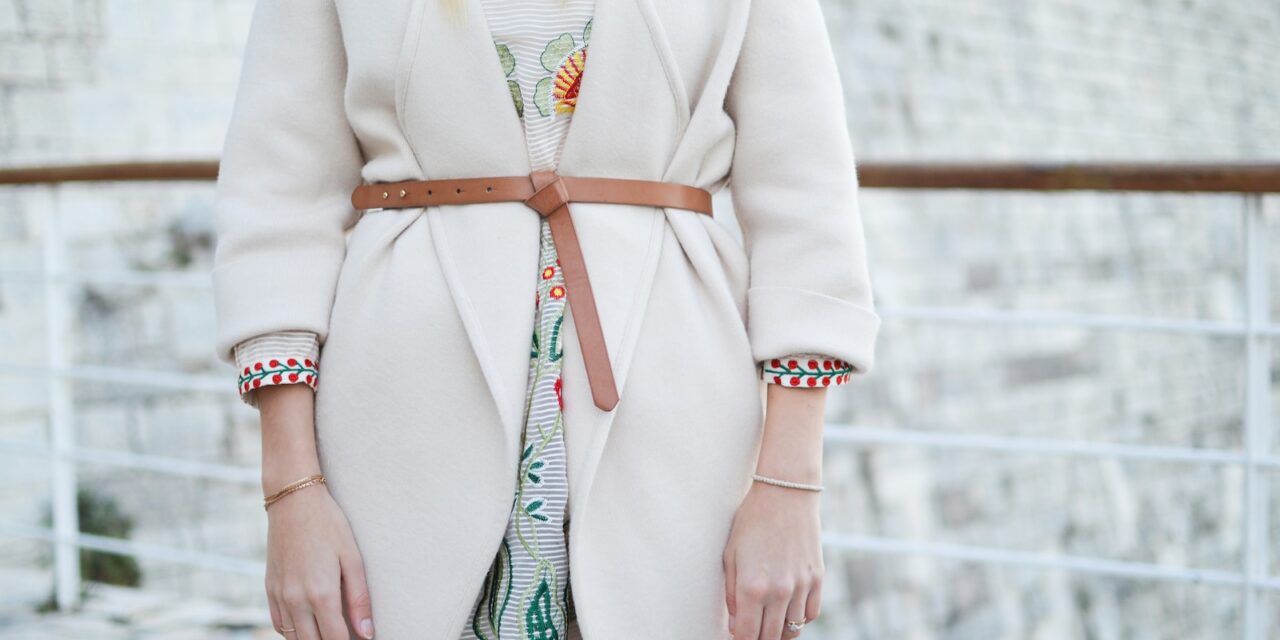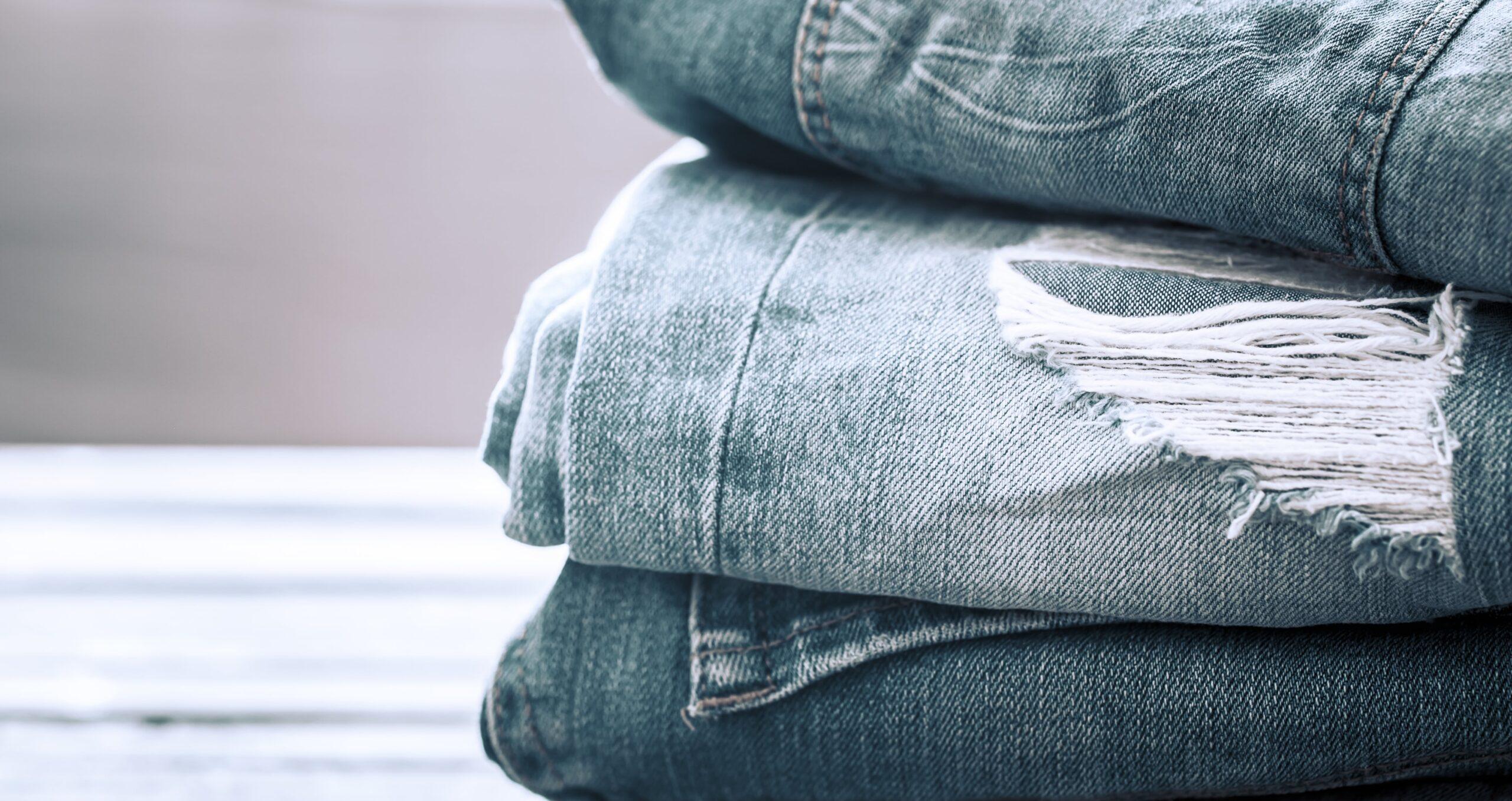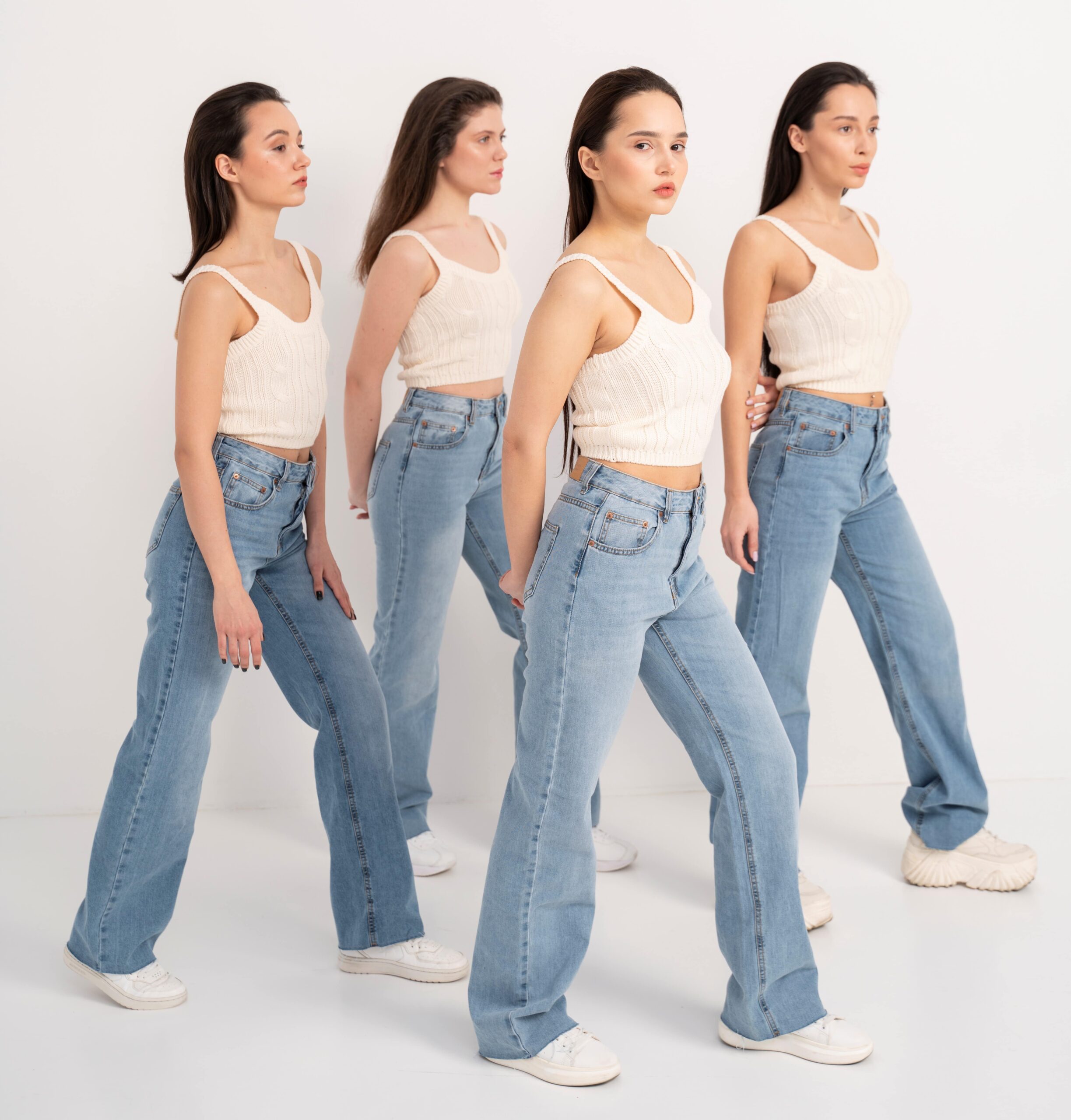In our everyday lives, we rarely stop to ponder the underlying reasons behind our choice of attire. However, beneath the surface, there lies a fascinating realm of psychology that influences our decisions about what to wear. Clothing is not merely a means to cover our bodies; it is a reflection of our identities, emotions, and societal roles. In this article, we will delve into the psychological reasons that drive us to wear clothes and unravel the intricate connections between our minds and the garments we choose.
What is the Psychological Reason for Wearing Clothes?
Throughout history, clothing has played a significant role in human culture, transcending its basic utilitarian purpose of protection against the elements. Understanding the psychological motivations behind wearing clothes sheds light on the intricate relationship between our minds, bodies, and the attire we adorn. So, what is the psychological reason for wearing clothes? Let’s explore some key factors:
1. Social Acceptance and Identity Formation
Clothing acts as a powerful tool for self-expression and identity formation. The clothes we choose to wear often reflect our personal style, cultural heritage, and social affiliations. By adorning specific garments, we can signal our belonging to certain groups or convey our individuality. Moreover, societal norms and expectations heavily influence our choice of attire, as we strive for social acceptance and conform to established dress codes.
2. Emotional Expression and Mood Enhancement
Our clothing choices are intimately linked to our emotional state and can serve as a means of expressing our feelings. When we feel joyful, we may opt for vibrant and colorful outfits, while subdued colors and loose-fitting garments may be favored during times of sadness or contemplation. The act of dressing up can also boost our confidence and positively impact our mood, as we project our desired image to the world.
3. Body Image and Self-Perception
The clothes we wear significantly influence how we perceive ourselves and how others perceive us. Dressing in a manner that aligns with our desired body image can enhance our self-confidence and improve our overall self-perception. Conversely, ill-fitting or unflattering clothes may evoke feelings of self-consciousness or dissatisfaction with our physical appearance. Clothing can act as a powerful tool for body positivity and self-acceptance.
4. Cultural Significance and Traditions
Clothing plays a vital role in preserving cultural heritage and traditions. Traditional attire serves as a symbol of cultural identity, carrying historical and symbolic significance. Wearing traditional garments can provide individuals with a sense of connection to their roots, promoting cultural diversity and fostering a sense of pride. Additionally, cultural clothing can act as a unifying force, strengthening communal bonds and fostering a shared sense of belonging.
5. Environmental Adaptation and Protection
Beyond its psychological aspects, clothing fulfills essential practical functions. It acts as a protective barrier, shielding our bodies from harsh weather conditions, UV radiation, and physical harm. Clothing allows us to adapt to various environmental settings and enables us to engage in activities that would otherwise be inaccessible or unsafe. Our clothing choices are often driven by the need for comfort, functionality, and weather-appropriate attire.
FAQs About the Psychological Reason for Wearing Clothes
Does clothing choice affect our self-esteem?
Certainly! Our clothing choices can have a profound impact on our self-esteem. Wearing outfits that make us feel confident and comfortable can boost our self-assurance and positively influence our interactions with others.
Are there cultural variations in clothing psychology?
Absolutely. Clothing psychology varies across cultures, as different societies place varying degrees of importance on clothing as a form of self-expression, identity, and social status.
Indeed, there are significant cultural variations in clothing psychology. In some cultures, clothing choices may carry deep symbolic meanings, representing aspects such as marital status, religious beliefs, or social hierarchy. Cultural norms and traditions shape the way individuals dress and perceive clothing, leading to diverse interpretations of fashion and style across the globe.
Can clothing influence our behavior?
Yes, clothing can influence our behavior through a phenomenon known as “enclothed cognition.” Research suggests that the clothes we wear can impact our cognitive processes, attitudes, and behavior. Wearing certain attire associated with specific roles or professions can trigger psychological cues, affecting our mindset and influencing our performance in related tasks.
How does fashion impact mental well-being?
Fashion and personal style can have a significant impact on mental well-being. Experimenting with different styles and expressing oneself through fashion can foster creativity, boost self-confidence, and promote self-care. However, societal pressures and the pursuit of unattainable beauty standards in the fashion industry can also contribute to body image issues and negative psychological effects. It is essential to cultivate a healthy relationship with fashion that prioritizes self-expression and self-acceptance.
Are there psychological benefits to wearing uniforms or specific dress codes?
Wearing uniforms or adhering to specific dress codes can have psychological benefits in certain contexts. Uniforms create a sense of unity and equality among individuals, eradicating distinctions based on personal attire. Moreover, uniforms can foster a sense of belonging and pride in a particular group or organization. Dress codes, when thoughtfully designed, can also create a professional and cohesive environment, enhancing productivity and professionalism.
How does nostalgia influence our clothing choices?
Nostalgia plays a significant role in our clothing choices, as we often gravitate towards styles and trends from the past. Certain fashion eras evoke a sense of nostalgia, reminding us of fond memories or cultural movements. Incorporating elements of nostalgia into our outfits allows us to connect with the past, celebrate nostalgia as a form of self-expression, and pay homage to iconic fashion moments.
Conclusion: The Multifaceted Tapestry of Clothing Psychology
Clothing serves as a gateway to our inner selves, reflecting our identities, emotions, and cultural affiliations. The psychological reasons for wearing clothes encompass social acceptance, emotional expression, body image, cultural significance, and practicality. Understanding the interplay between our minds and the clothes we choose can shed light on our individuality, self-perception, and the complex tapestry of human psychology.
So, the next time you slip into your favorite outfit, take a moment to appreciate the intricate layers of meaning woven into your choice. Clothing is not merely fabric draped over our bodies; it is a canvas for self-expression, a nod to tradition, and a mirror reflecting our innermost selves.










